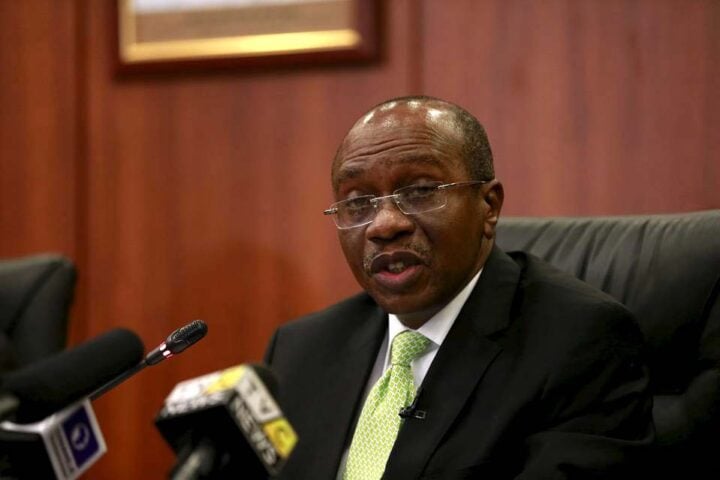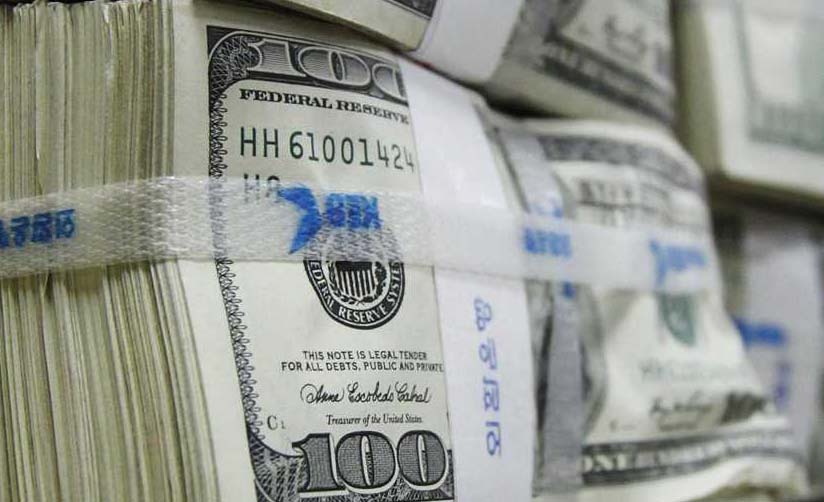The Central Bank of Nigeria (CBN) and the Nigeria Communications Commission (NCC) have declared their decision to intervene in the Etisalat Nigeria debt crisis in order to prevent job losses and asset stripping.
The move was as a result of the deepening crisis between Etisalat and a consortium of 13 Nigerian banks over a syndicated loan of about US$1.2 billion granted the telecom company.
Confirming the intervention of the two regulators in the loan dispute, Isaac Okorafor, CBN spokesman, said Etisalat is systemically important to telecommunications in Nigeria.
“Although it should ordinarily not be the role of a regulator to decide how individual bad loans are resolved, the CBN believes that Etisalat is a systemically important telecommunications company with over 20 million subscribers that if not well handled, may have negative implications for the banking system itself,” he said.
Advertisement
He further explained that the CBN and NCC, sensing that banks might go ahead in the usual way and downsize the company’s over 4,000 staff, reached an agreement to intervene and implore the consortium of banks to be reassess its position in dealing with Etisalat.
Okorafor described some media reports insinuating high-handedness by CBN on the issue as “the height of mischief and insensitivity” explaining that the collaborative move by the regulators was aimed at preventing job losses and asset stripping and to ensure that Etisalat remains in business and is able to pay back the loans.
According to him, the Godwin Emefiele-led CBN and the NCC, in the coming days, will meet with the syndicate of banks and the IHS Towers, the tower managers and the equipment suppliers, in order to achieve what he termed “a win-win outcome” for all stakeholders.
Advertisement
It will be recalled that Etisalat has been embroiled with a consortium of 13 Nigerian Banks that gave it a facility of about US$1.2 billion, on which the company has been unable to meet its repayment obligations in line with agreed terms of the facility.
Given the inability of Etisalat to come to an acceptable agreement with the banks, the largest shareholder in the company, Dubai-based Mubadala Development Company of the United Arab Emirates, has now pulled out of the company as well as the ongoing negotiations, leaving only their local partners, led by Hakeem Belo-Osagie, to carry the burden.
It was based on the attempt of the banks to take over the company that the financial and telecommunications regulators have moved in to intervene and forestall down-sizing and asset stripping.
Advertisement
Add a comment







